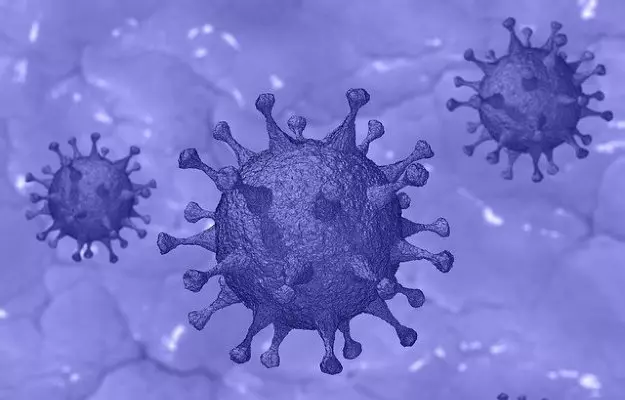COVID-19, the global pandemic that has infected over 10 million people globally and has claimed over 509,474 lives as of 30 June 2020, has been known to cause severe damage to the respiratory system. And now, more evidence emerging through extensive research suggests that patients also experience a vast range of neurological and psychiatric complications due to the onset of this disease.
Cough, fever and difficulty breathing are of course associated with the onset of COVID-19 infection, caused by the novel coronavirus known as SARS-CoV-2. Now, doctors and researchers are adding still more signs to the growing list of symptoms of the disease, such as the loss of smell and taste and altered mental state.
New research has pointed to almost half of the hospitalised patients experiencing some other symptoms concerning the central nervous system of the human body. The new set of symptoms relating to the nervous system include dizziness, loss of concentration, stroke and other problems, according to research published in the scientific journal Annals of Neurology.
The authors of the study indicate that the virus causes more harm to the body than just to the respiratory system of a patient as previously thought, and instead presents a "global threat" to the entire nervous system, including the brain, the spinal cord as well as the nerves.




























